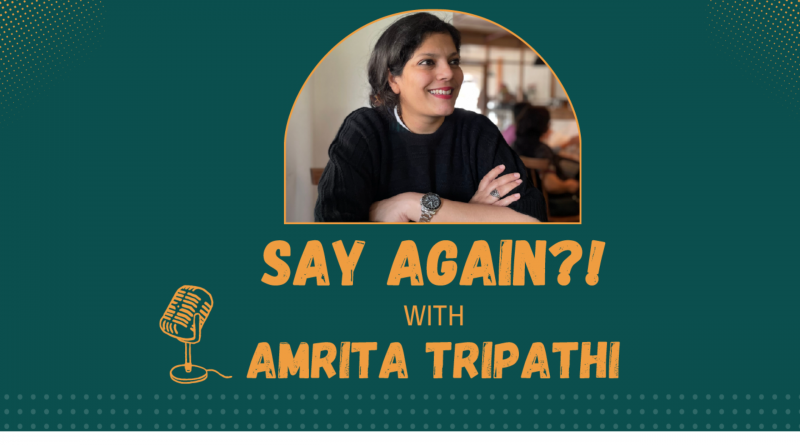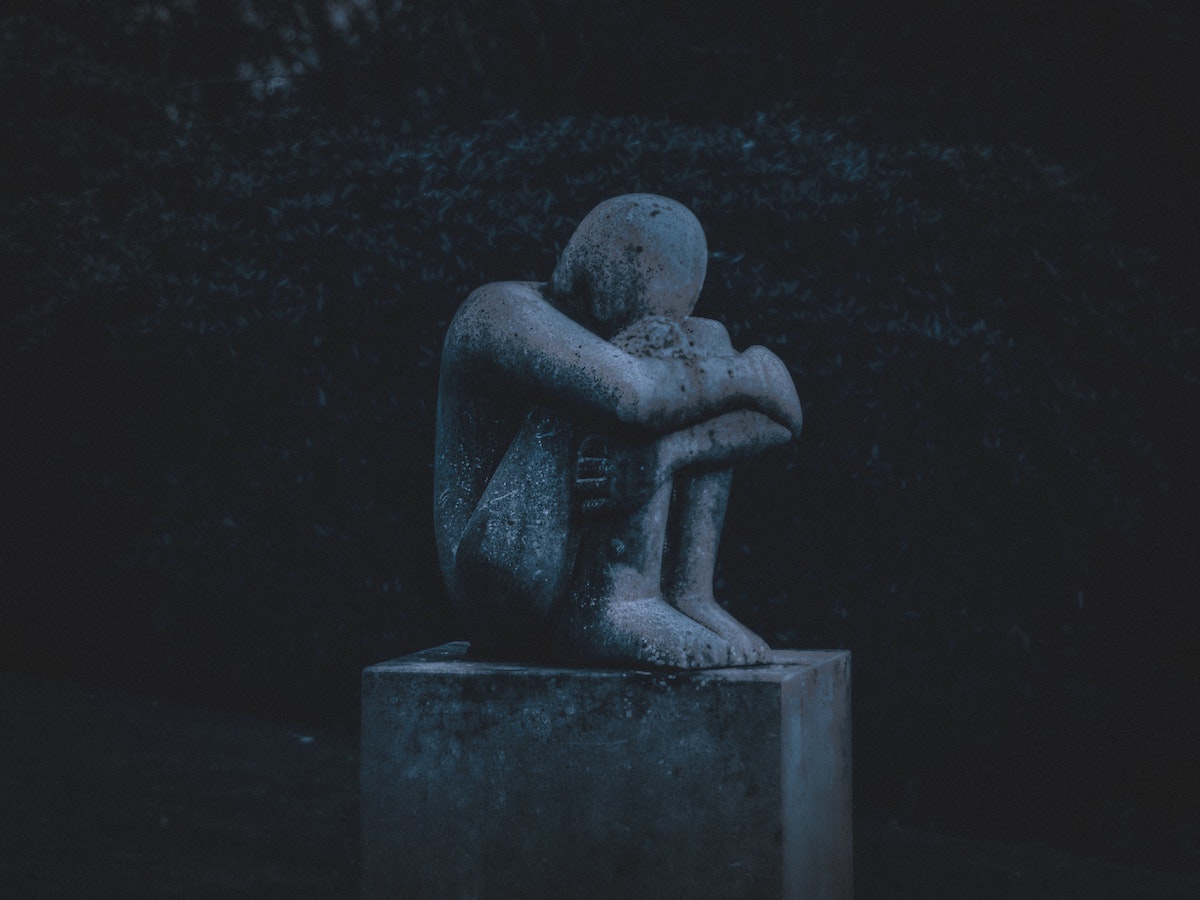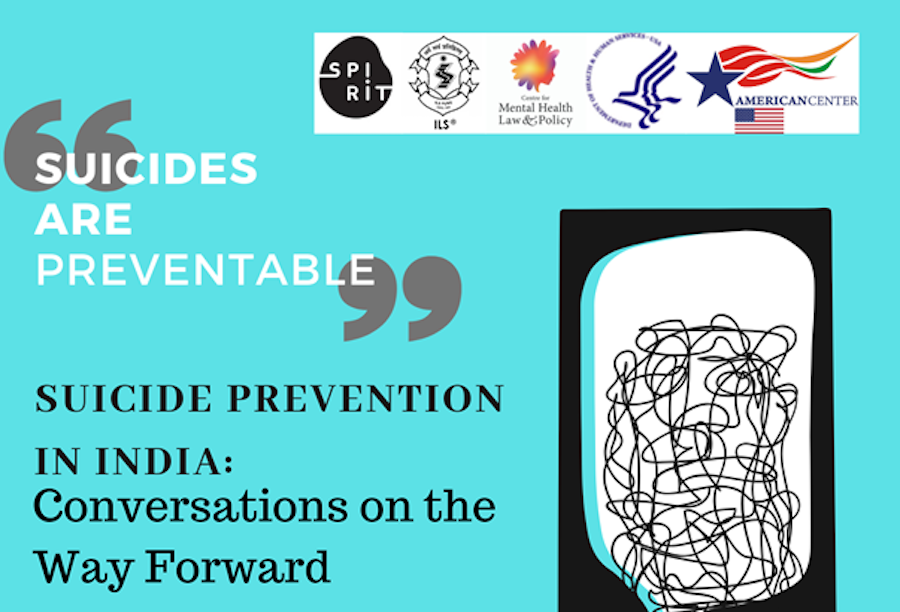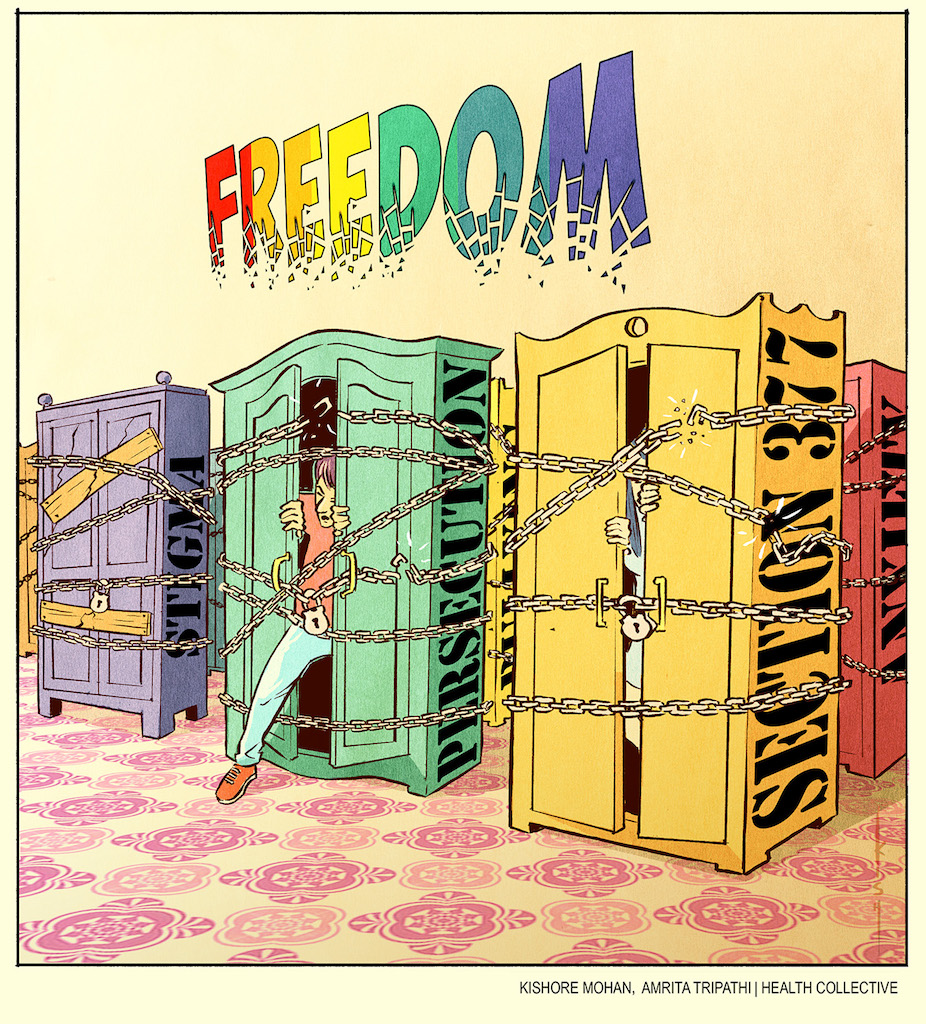We’re Holding Death’s Hand all the Time: Therapist Bakul Dua on #SayAgain Podcast
By Amrita Tripathi
I had a beautiful, uplifting, insightful chat with therapist Bakul Dua, who spoke to me on my podcast #SayAgain very movingly about grief and loss. She shares from her own lived experience and the conversation seems to have touched a real chord. We spoke candidly about Death being that one constant – the contract that we make with life, as she puts it. And we talk about just why it’s so hard to deal with Grief or deal with loved ones who are Grieving. I love many of the points she makes, including the fact that we are “holding death’s hand all the time” — this is the context of life itself, isn’t it.
There are some do’s and don’ts and a lot of heart and soul in this conversation, which you can watch on Youtube below. You can also read some key take-aways below on #Grief and Loss
Dua emphasises that grief is a complex mix of emotions, not a linear progression with stages. In fact, she shares that the ‘stages of grief’ we usually reference (by Elisabeth Kübler-Ross) were based on her work with the terminally ill. If you or someone you know is grieving, she recommends allowing them to feel and process grief, rather than trying to short-circuit the process with platitudes or pressure to move on. Short-circuiting the process won’t work, and the platitudes aren’t helping either. (Apologies if I sounded het up about this, but the context will explain why!)
Some things to think about:
- Allow yourself to sit with grief without trying to fix it, and hold it without feeling the urge to fix it. This goes double for those of us who are friends or relatives trying to ‘be there’ for someone who’s grieving. Let them sit with it, don’t rush them to ‘move on’.
- Avoid offering platitudes, such as “They will come back in another form” or “This was God’s will,” as they offer only peace to the person using them, not to the person receiving them. In fact it can be quite upsetting to hear this or even “Everything happens for a reason”.
- Offer Practical support instead, such as taking care of chores or offering to babysit the kids so the parent gets a time-out. You can also offer emotional support to help individuals grieving from loss feel less isolated. Just showing up sometimes and being there, letting them cry/ ugly-cry/ laugh hysterically can be helpful. Don’t offer prescriptive advice.
- Grief is an enduring part of one’s identity and life story, and it’s okay to hold on to this connection with loved ones who have passed away. It’s actually pretty beautiful too. You know how much and hard you’ve loved and it’s ok.
There’s much more in our chat, which is below. Please note a Trigger warning for the episode. (#Trigger Warning: Mention of death by Suicide and Suicidal Ideation. Please note that if you are feeling distressed, help is available. A list of helplines is linked here)




